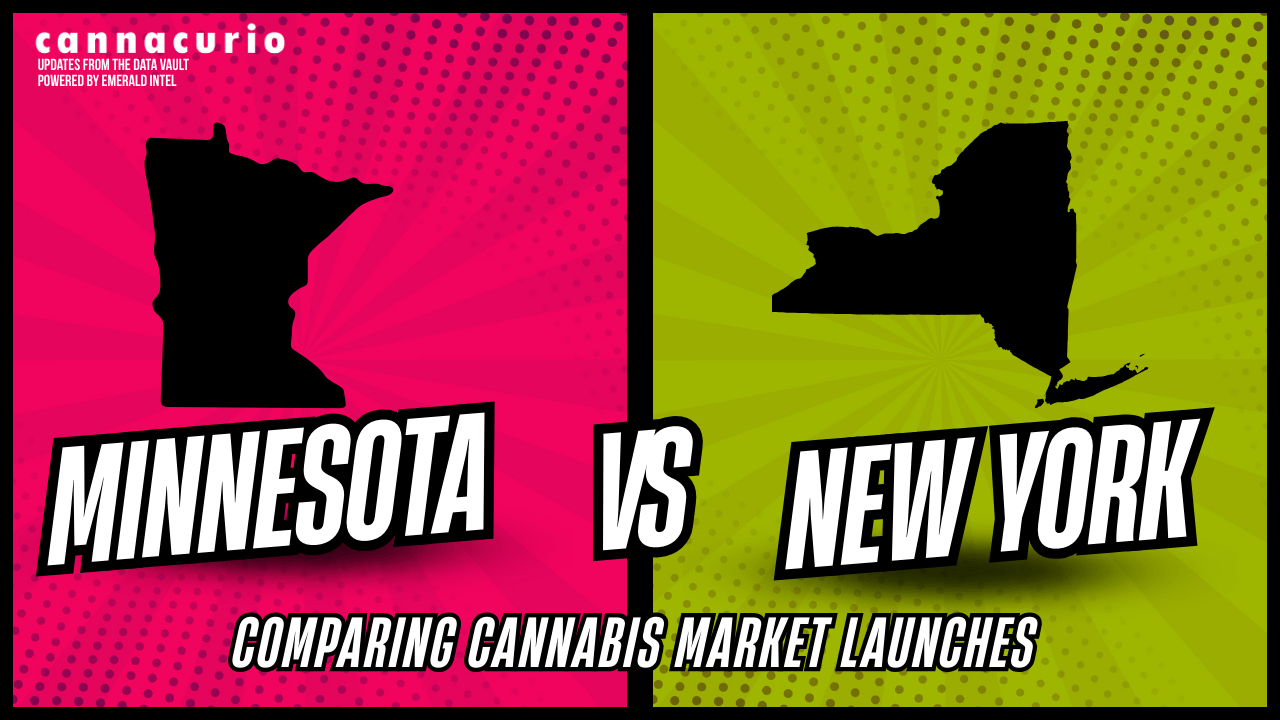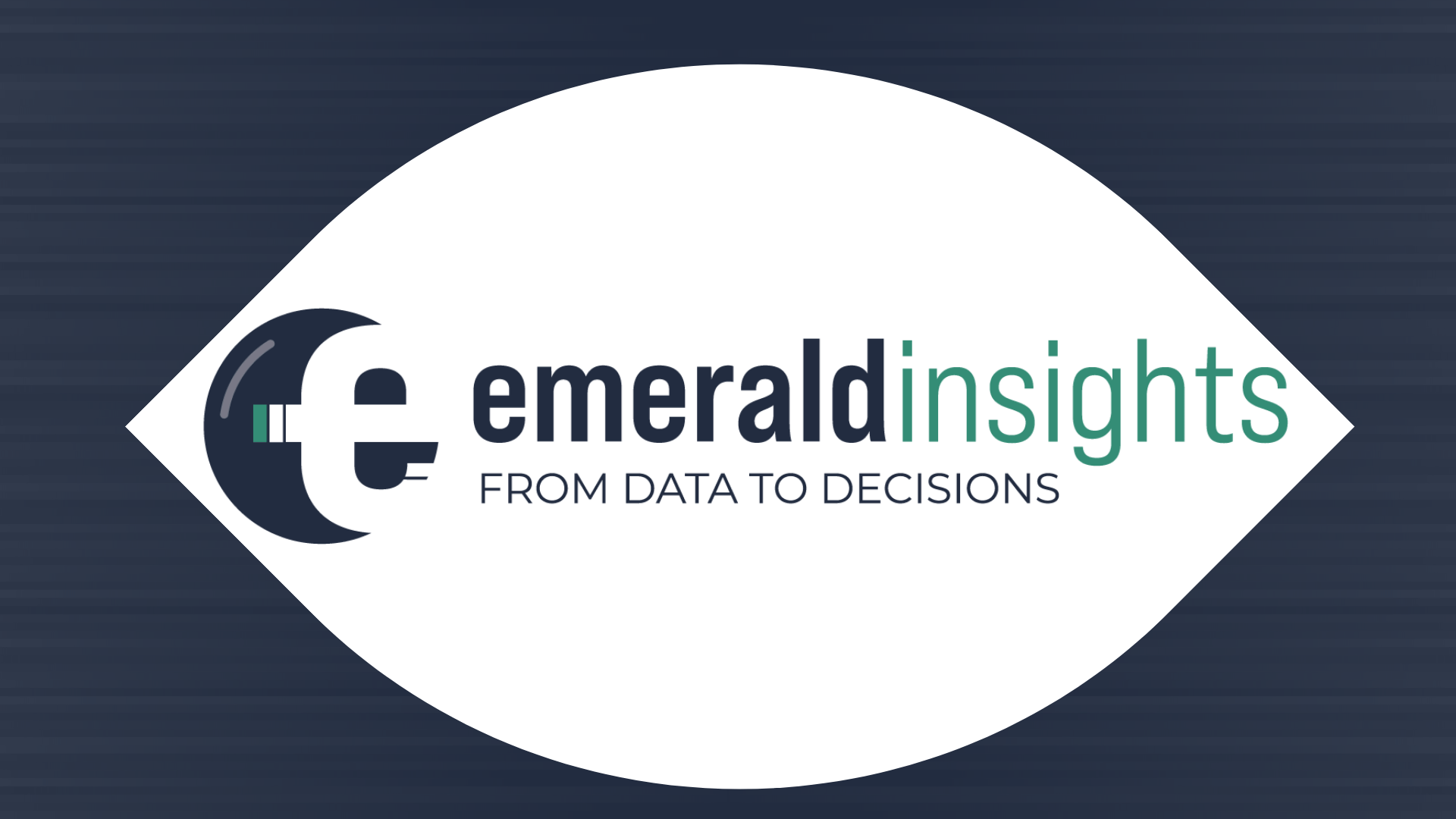
How To Choose The Right Cannabis CRM Solution
Implementing a cannabis customer relationship management (CRM) software solution can transform the way cannabis businesses operate, providing benefits that go beyond mere customer data management. At its core, a CRM system ensures that companies can nurture their leads to drive sales, forge stronger relationships, and provide exceptional customer service. But the cannabis industry is unique—with CRM needs varying whether you are an operator (i.e. dispensary, retailer, manufacturer, etc.) or an ancillary company—which means the industry requires a unique CRM that can handle comprehensive data and insights.
Challenges Faced Without Well-Informed Cannabis CRM Software
Without a dedicated cannabis CRM platform containing accurate and up-to-date information, businesses often face a variety of hurdles that can hinder growth and operational efficiency. With most search engines and social media platforms still blackballing cannabis-related adspends, the cannabis industry needs to work even harder to generate leads through their own research rather than wait for inbound traffic. But state-by-state licensing makes it inherently difficult for any one person or team to research and generate enough leads within their target audience to hit and exceed revenue goals. And moreover, many email marketing tools still do not allow cannabis companies to distribute content through their platforms. This means that even after researching a list of cold leads, marketing teams struggle to rely on email marketing to nurture those and turn them into warm leads. But a solid, industry-specific CRM can solve all of those problems and more.
How to Choose the Best Cannabis CRM for Your Business
Choosing the right CRM for a cannabis business or a business looking to support a cannabis sales vertical is critical because you need to ensure the technology and data within it aligns with the unique needs of the cannabis industry. Here’s how to make the best choice:
Step 1: Determine Your Business’ Needs
Start by identifying what your cannabis company needs from a CRM platform and the data within it. Are you looking to…
- Generate leads
- Implement a sales pipeline
- Manage deal flow
- Boost brand awareness
- Track & analyze the industry as a whole
- Maintain & verify accurate business information to remain compliant
Understanding these goals will help you prioritize features that address your business operations and pain points.
Step 2: Evaluate Key Features
Next, compare CRM systems based on their key features. A big one to consider: does the platform come loaded with data or do you have to populate from scratch? Additionally, consider functionalities such as lead scoring tools, sales management capabilities, and compliance tracking. Some platforms offer built-in email marketing capabilities to centralize sales and marketing efforts. Some offer credit reporting to make informed decisions about prospects. A CRM might have a lot of bells and whistles but don’t get distracted by shiny objects or smoke-in-mirror figures. Instead, look for the platform whose features actually align with your business’ needs.
Step 3: Assess User Experience
User experience is often overlooked when selecting cannabis software. Choose a CRM that offers an intuitive interface with minimal learning curves so your team can start using it effectively right away. Platforms with clean dashboards, easy-to-understand insights, a straightforward setup process, robust training resources, and an accessible support team can make a big difference in the software’s adoption. This is why you should never skip getting a demo! Of course you’re busy and might hesitate to book a meeting to see the platform in action, but you often can’t get a feel for user experience from reading a company’s website alone.
Step 4: Read Case Studies
Social proof is one of your strongest allies. When reviewing a CRM provider’s website, spend a few moments on their blog to look for case studies or save yourself some time and ask the sales representative you’re working with if they can share case studies relevant to your business or intended use. Look for industry association endorsements and partnerships. If a CRM provider can’t share a list of notable customers or case studies for you to review and follow up on…run!
Step 5: Analyze Pricing and ROI
Before finalizing your choice, compare the pricing models of different CRM platforms. Evaluate what’s included with your subscription as compared to add-ons and upgrades. The right CRM system will pay for itself by driving sales and enhancing overall productivity. So it’s important to analyze the expected return on investment (ROI) by setting a quantifiable goal such as how much the CRM software will help you increase sales.
Future Trends in Cannabis CRM Solutions
The cannabis technology landscape is evolving rapidly, and CRM platforms are keeping pace with the latest innovations. Future cannabis CRM solutions will likely incorporate advanced AI and machine learning features to predict customer behavior and optimize the sales process even further.
Moreover, CRM systems are expected to offer enhanced marketing tools for social media and email marketing as cannabis companies are permitted to do more and more in those spaces, making it easier for cannabis brands to execute sophisticated marketing campaigns and build stronger relationships with their leads and customers. As cannabis businesses grow, scalable CRM software solutions that adapt to changes in licensing, market sizes, sales volume, customer base, and regulatory requirements will become increasingly important.
Final Thoughts and Recommendations
To stay ahead in the cannabis industry, you need a strong CRM in your corner. Start by identifying your business’ goals and selecting a CRM that provides the necessary tools for achieving them. Keep an eye on innovation (i.e. which CRM platforms regularly roll out new features) and future trends including AI integration, predictive analytics, and cannabis-specific software enhancements.
There’s no better place than the top to start your search. The Cannabis Market Intelligence Platform is the leading (and award-winning!) cannabis CRM solution and business intelligence provider. Schedule a demo to see why, get a feel for user experience and support, and ask for case studies.
Need more insights?



.png)